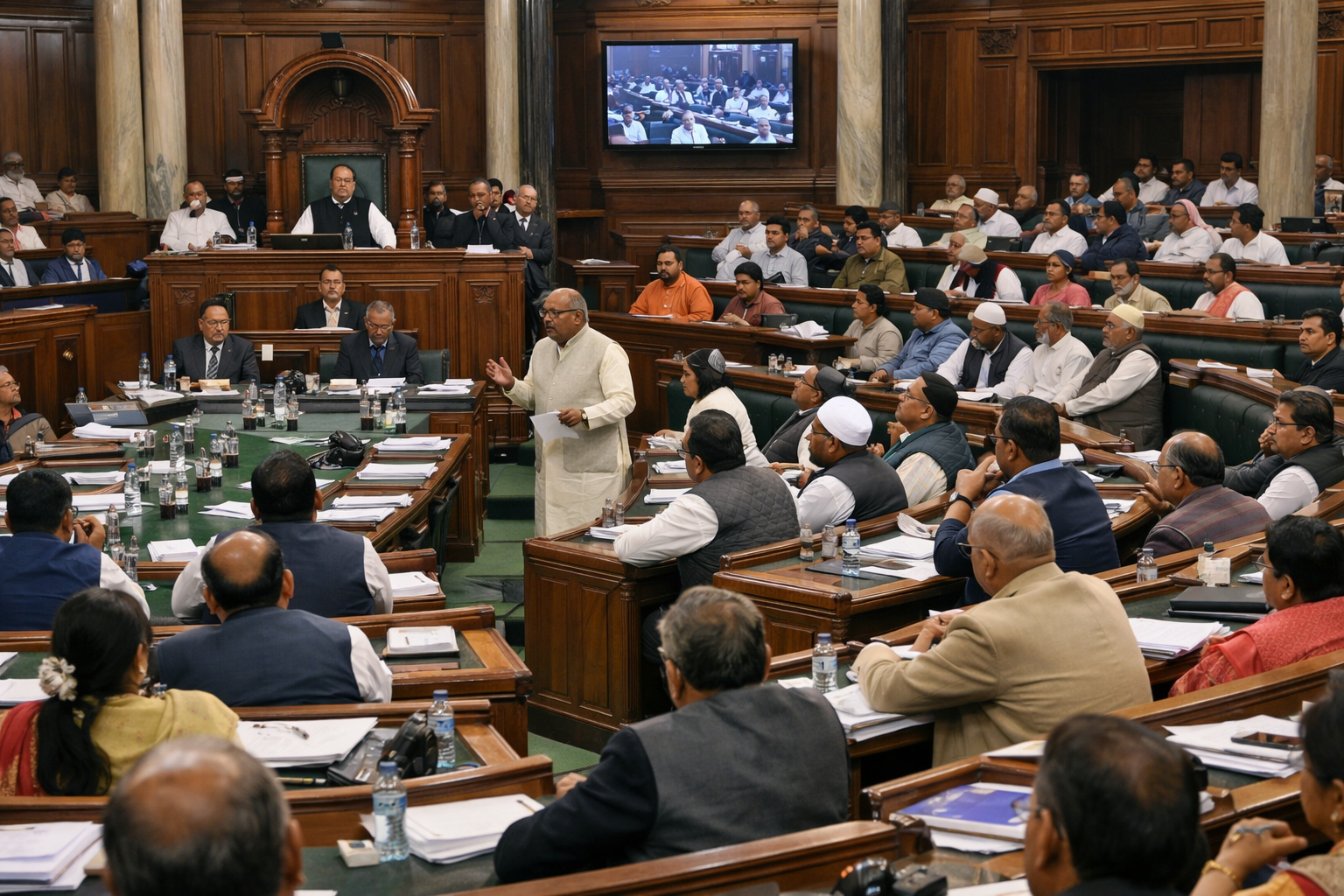A Gift for the Common Man and the Economy
The Modi government’s recent overhaul of the GST system wasn’t just about numbers it was a thoughtful blend of economics and politics. Hundreds of everyday items from soaps to small cars, chocolates to health insurance were pulled into much lower tax brackets. This sweeping move aims to ease the financial burden on millions of families, while also boosting demand across sectors just ahead of the festive season.
But there’s more to this than consumer cheer. The GST reforms signal a sharp political narrative: a government that listens and delivers relief to the common man at a critical time.
What the GST Reset Entails
Here’s how the tax structure has been simplified and slashed:
- The GST system once littered with four separate slabs has now been trimmed to just two main rates: 5% and 18%, with a 40% rate preserved only for luxury or sin goods.
- Essentials like toothpaste, soaps, and small cars will now carry GST of just 5%. Even life and health insurance policies are now completely exempted.
- While the government foresees a ₹48,000 crore annual revenue hit, analysts expect the consumption boost to offset or even exceed that loss, making this a calculated pro-growth gamble.
Why This Move Matters Now
This is no ordinary tax shuffle. It’s a strategic reset fueled by high-stakes economic logic and timing. With inflation cooling, income tax reliefs easing budgets, and festive demand peaking, the GST cuts couldn’t be better timed. Experts suggest these changes could lift GDP growth by 100–120 basis points over the next few quarters, while stimulating sectors from FMCG to automobiles and cement.
Beyond economics, it’s also good politics. Modi’s narrative pivots to one of a government delivering value, investing not just in industry, but in every household.
What’s Outstanding
- Smooth implementation is the next big challenge. Analysts are watching whether businesses lower prices or pocket gains.
- States remain anxious about lost GST revenue. They’re pressing for compensation mechanisms or future revenue-sharing safeguards.
- And political opponents argue “GST 2.0” is overdue some are calling for a deeper overhaul still to truly simplify India’s tax system.
Closing Line
This is more than just a tax cut it’s a calculated move that blends economic sense with mass appeal. Whether it pays off for both the masses and the markets remains to be seen, but for now, it’s a step that smells of both relief and ambition.



